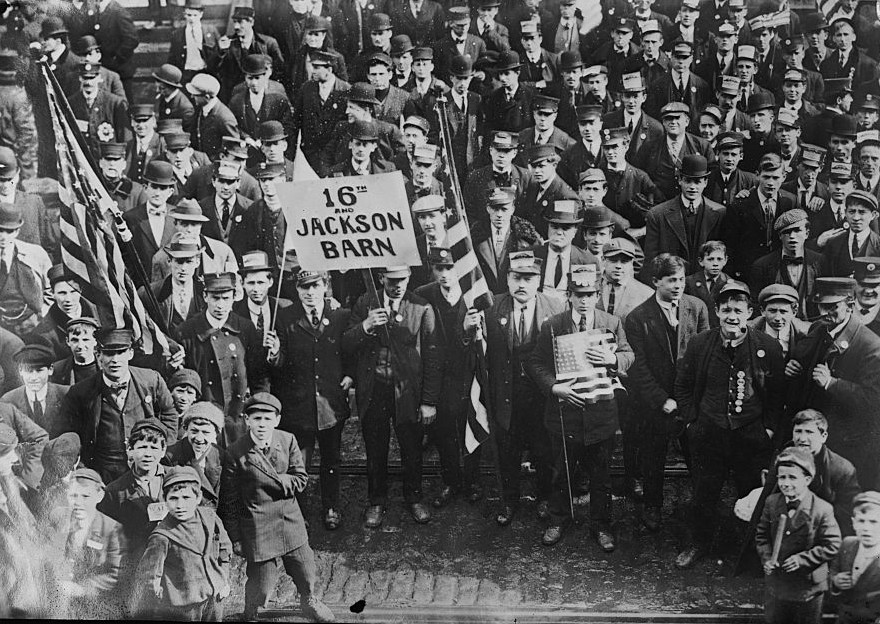Mediation, does that mean the original 173 were re-hired?
Anti-Corporate Movement
This community is the first one on lemmy of its kind. It sits between the idea of anarchism/anti-capitalism and left leaning economic policy.
Our goal is to make people aware of the dangers of corporate control, its influence on governments and people as well as the small but steady abrasion of empathy around the world indirectly caused by it.
Current topics this includes but is not limited to:
- Meta's entry into the fediverse
- Game companies putting gambling mechanics in childrens games
- Embracer groups buyout and closing of smaller game studios
- IP trolls destroying small companies and keeping progress back for profit
Feel free to debate this but beware, corporate rhetoric is not welcome here. If you have arguments, bring them on. If its rhetoric trying to defend the evil actions of corporations, we will know and you will go.
Our declared goal so far is to have all companies and individuals worldwide capped at 999 mil USD in all assets, including ownership of other companies, sister companies and marital assets. The reason for this is that companies (and individuals) are not supposed to resemble small(?) countries with a single leader(-board) and shareholder primacy. Thats why we feel like they must be kept in check indefinitely.
But companies will just wander off The argument that large companies will just wander off is valid, which we embrace. We dont need microsoft, apple, google, amazon and other trillion dollar companies. There are small competitors being kept small and driven into brankruptcy by anti competitive behavior of these giants or simply bought up and closed. If starbucks left tomorrow, we would not have an issue with this.
But then we have x little microsofts that all belong to the same person(s) If in fact nobody was allowed to accumulate more than 999 mil in assets, they would not be able to own all these. And like defending agains burglary, it is not about complete defence but time and effort. You only have to keep the thief occupied long enough for them to be caught, give up or make a mistake.
But these giants have tons of IP which would then limit our growth Thats another topic we must touch on. We will (only this one time) take a page out of russias playbook and demand that IP of non complying companies (assets over 999 mil USD) will be declared invalid, which opens them up to be copied.
But then they will "live" in one country that doesnt accept this Correct, and they should be taken into custody the moment they enter the airspace of a country that supports this act.
